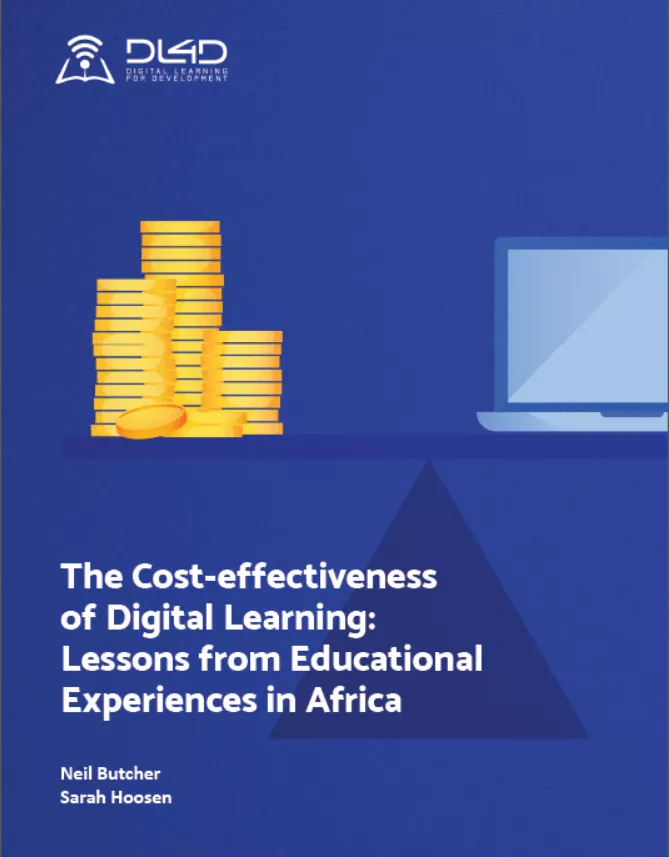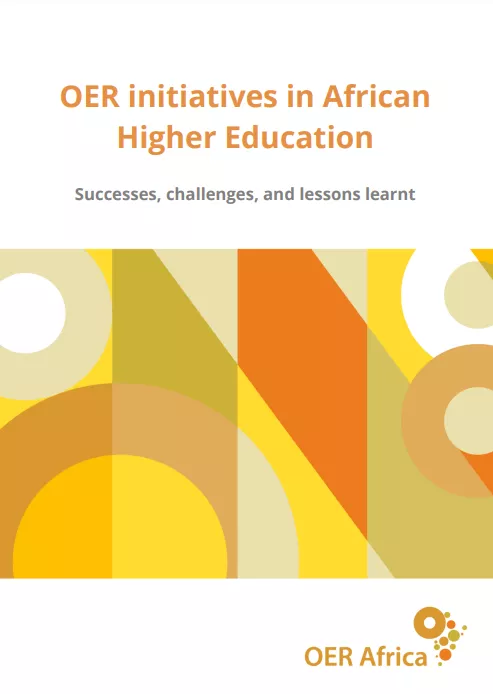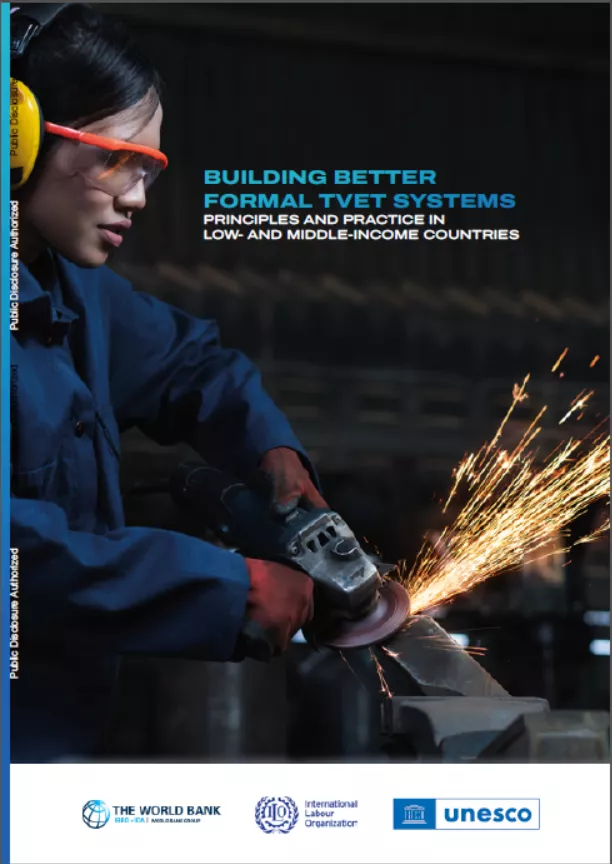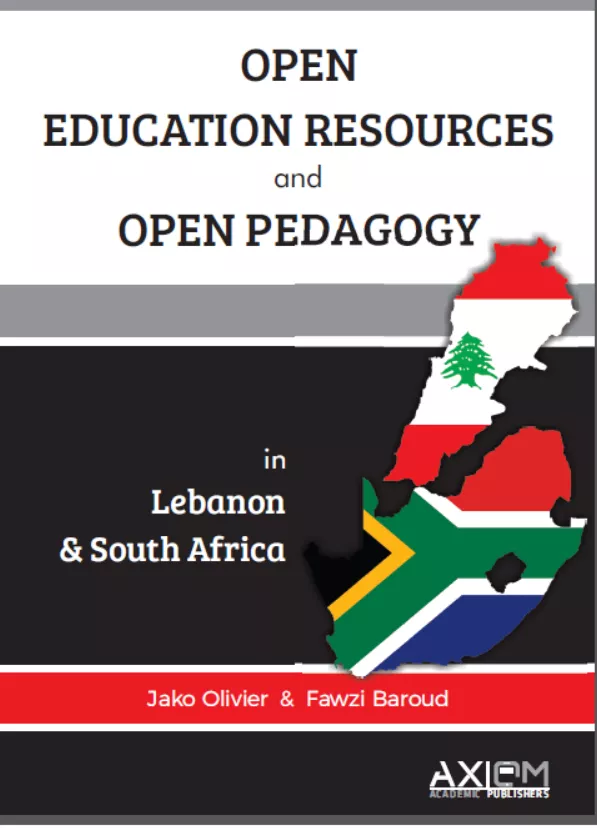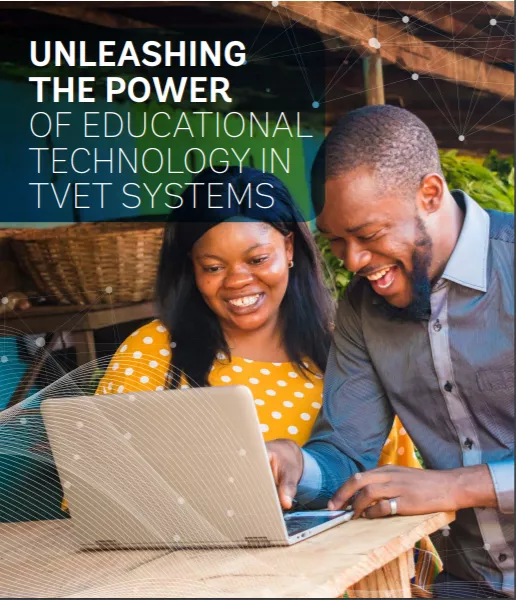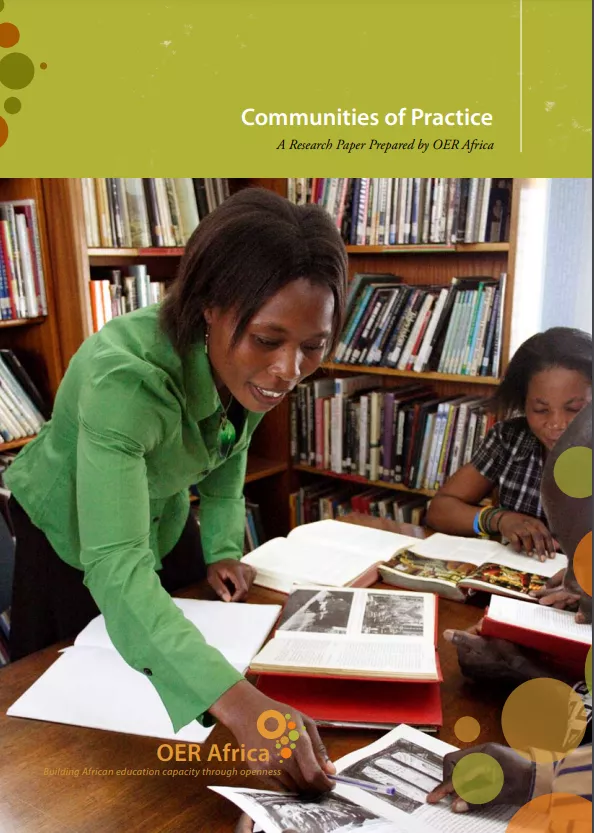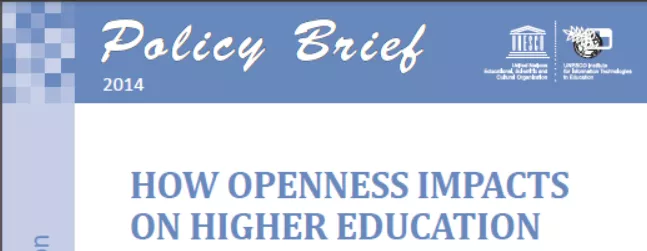
How Openness Impacts on Higher Education
This policy brief describes some of the potential disruptions brought by openness as they pertain to key higher education activities of teaching and learning, research, and the impact on higher education policy.

